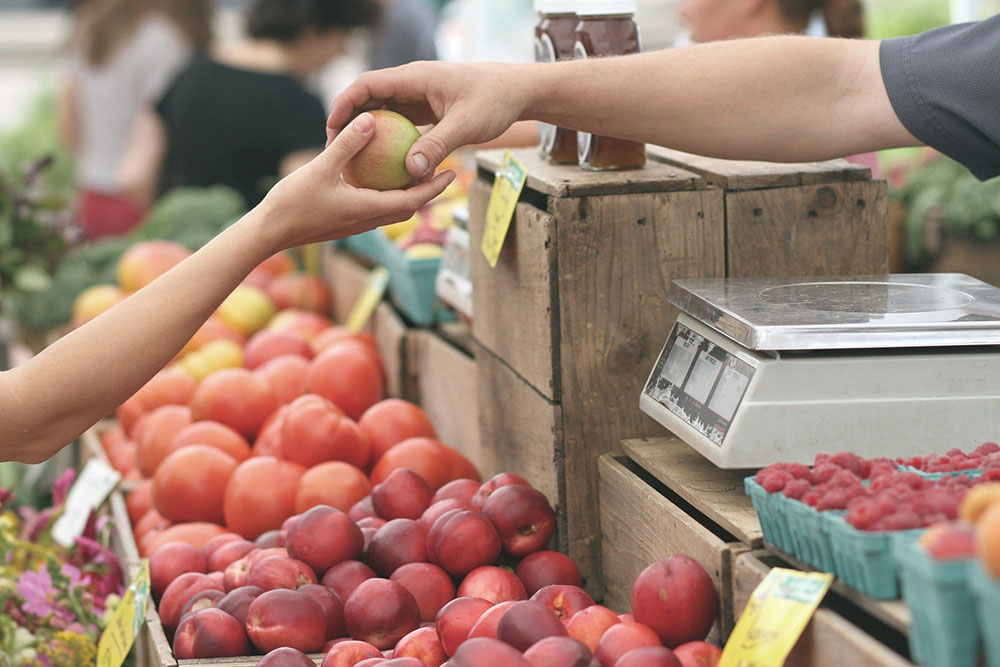
Agriculture is the backbone of societies, providing food, fiber, and numerous other essential resources. As the global population continues to grow, the demand for agricultural products is steadily increasing. To meet these demands efficiently and sustainably, the agri-retail sector plays a pivotal role. Agri-retailers act as a crucial link between farmers and consumers, facilitating the flow of agricultural products, inputs, and knowledge. In this blog, we will explore the significant role of agri-retail in modern agriculture and its impact on the industry’s growth and sustainability.
Bridging the Gap:
Agri-retailers serve as intermediaries, connecting farmers with markets and consumers. By acting as a bridge between the two, agri-retailers ensure that agricultural products reach their intended destinations effectively. They provide farmers with access to diverse markets, which empowers them to sell their produce at fair prices. On the other hand, consumers benefit from the availability of fresh and diverse agricultural products through retail channels.
Distribution of Agricultural Inputs:
In addition to connecting farmers with markets, agri-retailers play a critical role in distributing agricultural inputs, such as seeds, fertilizers, pesticides, and machinery. By making these inputs readily available to farmers, agri-retailers contribute to improving agricultural productivity and ensuring the quality of the produce. Through strategic partnerships with agricultural input suppliers, they facilitate the timely and efficient delivery of essential resources to farmers.
Knowledge and Extension Services:
Agri-retailers are not just points of sale; they also serve as a valuable source of agricultural knowledge and extension services. They provide farmers with information about the latest farming practices, technologies, and innovations. By promoting sustainable and efficient farming methods, agri-retailers help farmers improve their yields, reduce environmental impact, and increase their income. Knowledge-sharing initiatives by agri-retailers also foster continuous learning within the farming community.
Market Intelligence and Risk Management:
In the ever-changing agricultural market, agri-retailers act as market intelligence hubs. They monitor market trends, demand patterns, and price fluctuations. This valuable information is shared with farmers, enabling them to make informed decisions about crop selection and production planning. Additionally, agri-retailers often offer risk management services, such as crop insurance, helping farmers safeguard their investments and livelihoods against unforeseen circumstances like adverse weather conditions or market fluctuations.
Sustainability and Responsible Practices:
As the focus on sustainable agriculture intensifies, agri-retailers play a critical role in promoting environmentally friendly practices. They advocate for the adoption of sustainable farming techniques and eco-friendly agricultural inputs. Agri-retailers can also support farmers in obtaining certifications for sustainable farming, opening up opportunities for premium markets and improving the overall sustainability of the agriculture sector.
Conclusion:
Agri-retailers are indispensable players in modern agriculture, facilitating the smooth functioning of the agricultural supply chain while providing essential resources, knowledge, and market access to farmers. Their pivotal role in connecting producers with consumers, distributing agricultural inputs, and promoting sustainable practices significantly impacts the growth and sustainability of the agriculture industry. As the agriculture landscape continues to evolve, agri-retailers will continue to adapt, innovate, and contribute to the sector’s success.









